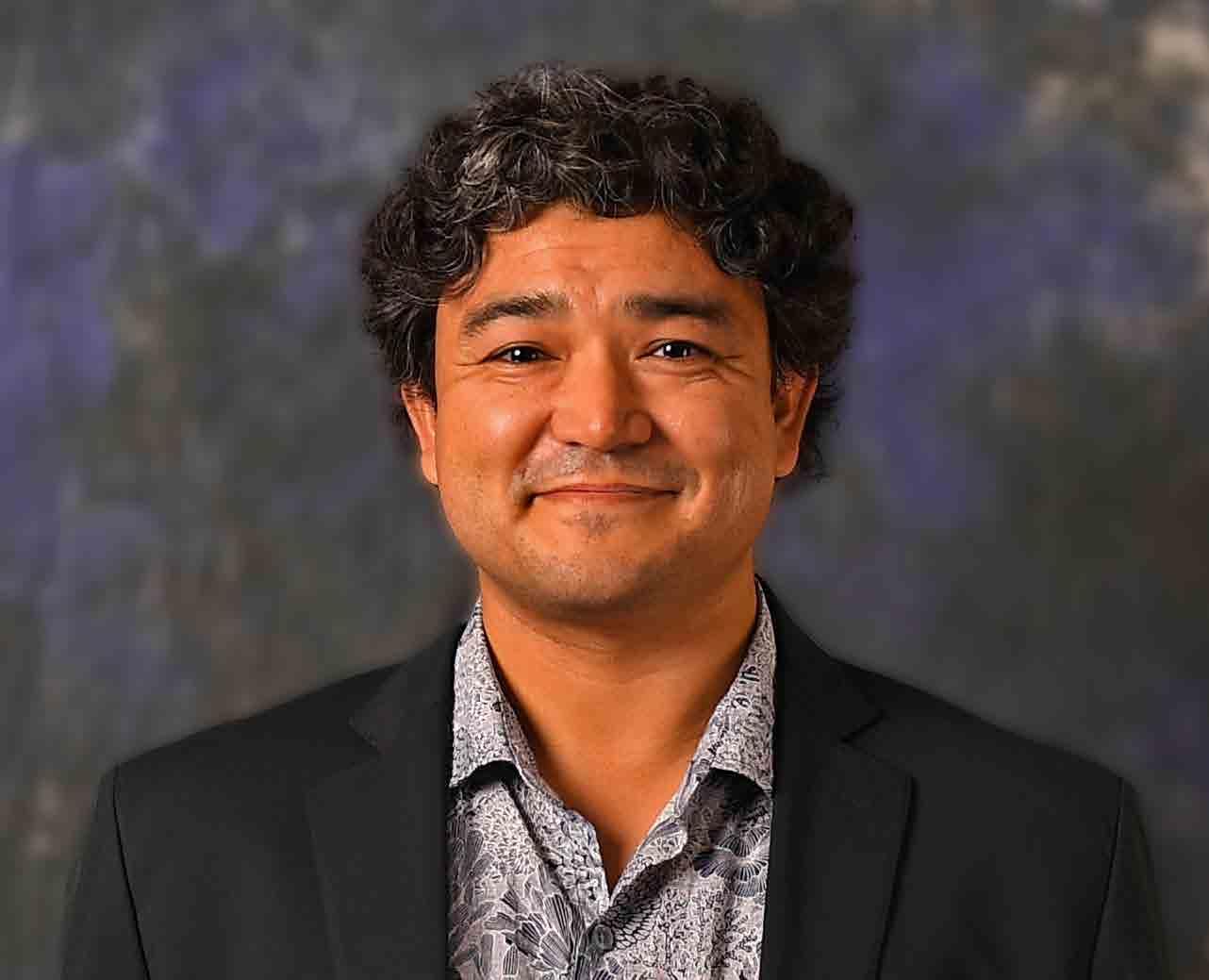The GRANT Seeker
A spotlight on excellence in grant development by a Hofstra University employee
Michael R. Dores By Xiomara Trinidad Perez“Hofstra was everything I was looking for: a robust commitment to academic excellence and teaching combined with the resources to support high-level research. Being able to work with undergraduate students and give them training in things like human tissue culture, confocal microscopy imaging, and advanced protein analysis techniques was a big draw for me.”
They are interested in understanding how the microbe communicates with the cells that make up the blood-brain barrier. According to Dores, the bloodbrain barrier is a really strong barrier in the body; therefore, they want to understand how the microbe can sneak right through it.
Michael R. Dores is an associate professor of biology at Hofstra University. His specialty is cellular communication and membrane trafficking of G protein-coupled receptors in vascular inflammation and disease. Dores shared how his interest in biology and how cells work started at the University of Oregon:
“They had a lot of undergraduate research. One of my research projects brought me to a cell biology lab. And I got really excited about cell biology and neuroscience and trying to understand how cells communicate with each other.”
Dores earned two Bachelor of Arts degrees in Biology and Anthropology from the Robert Donald Clark Honors College at the University of Oregon, and a PhD in Biochemistry, Molecular Biology, and Cell Biology from Northwestern University.
He began working at Hofstra in the fall of 2016. Before arriving at Hofstra, he had been part of a postdoctoral fellowship at the University of California San Diego – where he studied how cells respond to signals in their environment. However, there was something about Hofstra that drew him in.


Dores is currently working on three research projects with his students in the lab. His students usually each choose an independent research project; sometimes, they come in with an idea, and Dores helps them develop a project around it. For example, one of the projects they are working on, in collaboration with the University of Florida, is in understanding how the pathogen Cryptococcus neoformans interacts with the bloodbrain barrier.
“In healthy patients, when you breathe in this microbe, your immune system kind of gets rid of it in the lung tissue. So you don’t have to worry about it infecting you. However, for individuals who are immunocompromised or individuals who have HIV, Cryptococcus neoformans is a very serious disease because it can invade the bloodstream. Once it’s in the bloodstream, it can get to brain tissue, and actually invade the brain, and it creates or causes a meningitis effect.”
Dores has his students take a purified carbohydrate – glucuronoxylomannan, or GXM – and test whether this compound can disrupt the endothelial cells they have grown in the lab. Currently, they are trying to figure out which signaling pathway is activated by GXM, and whether they can use small molecule inhibitors to block the signaling pathways and protect these endothelial cells against damage.
Dores’ second project looks at cell signaling in cancer, while his third project looks at how signals are regulated at the cellular level.
When asked about what motivates him to do research, Dores answered:
“I think that what motivates me the most is that I love having students in the lab, learning new techniques, taking what they’ve learned, and going on to the next level.”
Dores aims to do big things for his Hofstra students that share his passion for research. He mentioned a grant that he, along with the Department of Biology, has been writing for a summer research fellowship program – which was submitted to the National Science Foundation.
“A big goal I have is to establish a permanent summer research fellowship program at Hofstra. These are programs that larger research-focused institutions have to support undergraduate research. It would be a huge win for us if we could offer something similar to help support students financially through stipends and housing in the summer while giving them access to our research labs.”
